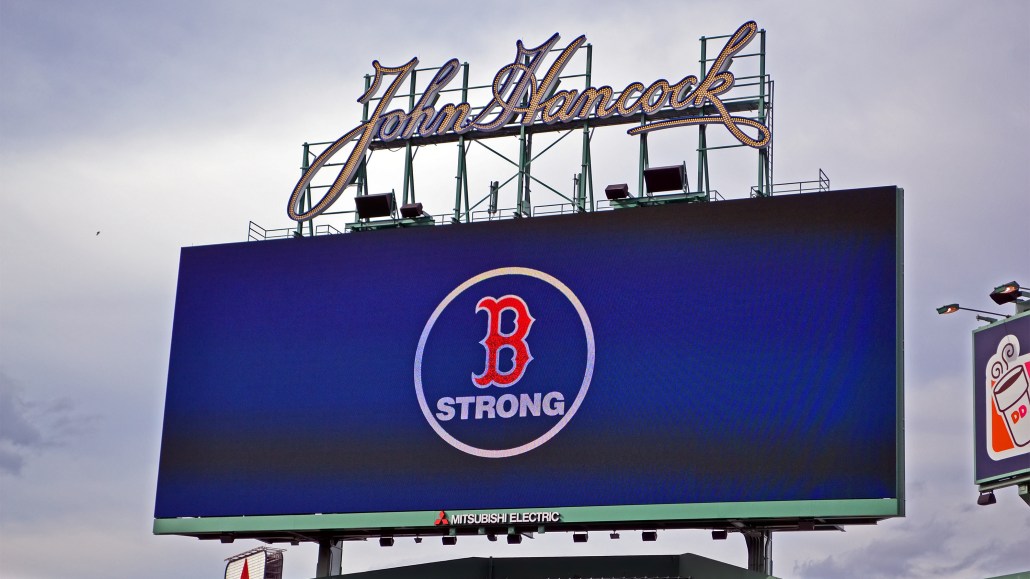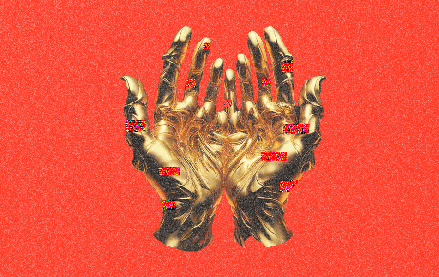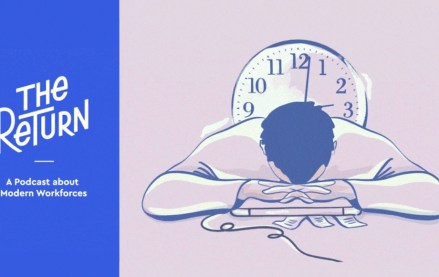
Brands are still finding their way in social media. At times, the rush to be relevant and “human” runs up against the boundaries of good taste especially when it comes to how marketers handle tragic occasions.
The latest case in point is the anniversary of the Boston Marathon bombing. Tomorrow, the Boston Marathon will happen again, in what is sure to be an emotional day, often commemorated in social media with the hashtag #BostonStrong. The Boston Marathon is also a huge commercial endeavor, generating an estimated $175 million in economic activity.
“Boston Strong” is a brand unto itself. A play on Livestrong and the “Army Strong” tagline, it sprung into existence following the terrorist attack at the marathon finish line a year ago. The Boston Globe noted the phrase “shows just how much we have learned from the advertising world in the creation of catch phrases that “stick,” even when they are inspired by utterly unexpected events.” Indeed, there are no fewer than eight trademark applications for everything from Boston Strong beer to Boston Strong coffee already in the works. The business of America continues to be business.
Boston, nice job taking a tragedy and turning it into a marketing campaign #BostonStrong
— Chris Caruso (@RoosterEYE) April 16, 2014
There’s an argument to be made that brands need to be more human, and expressing their own solidarity is a natural way. And then there’s the idea that some apparel company shouldn’t capitalize on a tragedy to sell socks. Justin Miller, a marketing and digital strategist, has an office a couple blocks from the finish line in Boston. He is firmly in the latter camp — and shared examples of what he feels are marketers stepping over the line with #BostonStrong.
There have been a pretty significant amount of companies that are tacking on #BostonStrong or Boston Strong to their brands, and although I don’t think it’s malicious, I think it’s inappropriate because they’re using a terrorist attack to position themselves and their brand with consumers. No Under Armour, you’re not Boston Strong, you’re an apparel company. If you ask me — a marketing person who has to think about things like this for his own company — the play isn’t connecting yourself with the tragedy but acknowledging it. Instead of being Boston Strong, you should be thinking of the victims on the anniversary of the tragedy and then go back to talking about how your innovative fabric can feel light while keeping your body temperature down. It’s phony and cheap.
Here’s a selection of marketers using #BostonStrong. Weigh in with your own thoughts on which hit the mark and which miss it.
Cheers to #262Brew and the @GHillFoundation! #BostonStrong pic.twitter.com/uyaR1CykUX
— Samuel Adams Beer (@SamuelAdamsBeer) March 26, 2014
Way to go @GuinnessIreland, way to go #BostonStrong #BostonMarathon #advertising #marketing pic.twitter.com/PYktpeWkwi
— Matthew Eriksen (@matthew_eriksen) April 20, 2014
Ever wondered what #BostonStrong sounds like? Get inolved to find out. We’ll donate $1 to @OneFundBoston every time #SoundOfStrong is used!
— Vibram FiveFingers (@Vibram5Fingers) April 20, 2014
One year later, our hearts and thoughts remain with the people of Boston and all those affected by the Boston Marathon tragedy #BostonStrong — Dunkin’ Donuts (@DunkinDonuts) April 15, 2014
Today, we’re ALL #BostonStrong. — Under Armour (@UnderArmour) April 15, 2014
It’s a beautiful day at the #BostonMarathon expo! Come see us in hall 1800 #weruntogether #BostonStrong
— Altra Footwear (@AltraZeroDrop) April 20, 2014
Anyone running in the #BostonMarathon going to be wearing our bamboo running socks? #BostonStrong
— Zockster (@ShopZockster) April 20, 2014
#BostonStrong @SweatyBands now available at all Fleet Feet Sports – Chicago locations! https://t.co/hNcCET4E23
— Fleet Feet Chicago (@FleetFeetChgo) April 17, 2014
“I never quit!” Why are YOU #BostonStrong? #RaisingSpirit pic.twitter.com/7aX2JUr0Du — Poland Spring ® (@PolandSpringWtr) April 20, 2014
ICYMI: My post on @LinkedIn about What Brands Can Learn From @bostonmarathon https://t.co/Q8HHFiXb4H #BibChat #BostonStrong
— Jessica Ni Murphy (@nijessica) April 15, 2014
Show your ongoing #BostonStrong support by cheering on the @bostonmarathon athletes. Join us and @alexandani: https://t.co/EZ79sJxSGh
— Rue La La (@RueLaLa) April 20, 2014
Forever #BostonStrong, we remember the tragedy in our hometown. This year, #WEWILLRUN united. https://t.co/u3qLu0Oatc pic.twitter.com/hOWdGwFSNX
— Gillette (@Gillette) April 15, 2014
Image via Shutterstock
More in Marketing

With the rise of the chief AI officer, it’s time to examine ‘czar’ culture
Even if it’s a familiar pattern — hot new thing, new C-Suite exec to tackle said thing, a few years go by and that C-Suite position no longer exists as everyone is now doing said thing (or it was a fad that has since faded away) — does it make sense for businesses to continue to appoint new czars with every new trend?

Why Cava’s bid for brand awareness means prioritizing streaming ads
Fast-casual restaurant chain Cava has been in growth mode over the past year and is leaning into streaming ads in an effort to boost brand awareness.

A history of middle manager stress: The Return podcast, season 3, episode 1
In episode one, McKinsey partner Emily Field tells us more about why middle management is critically important to the workforce.





